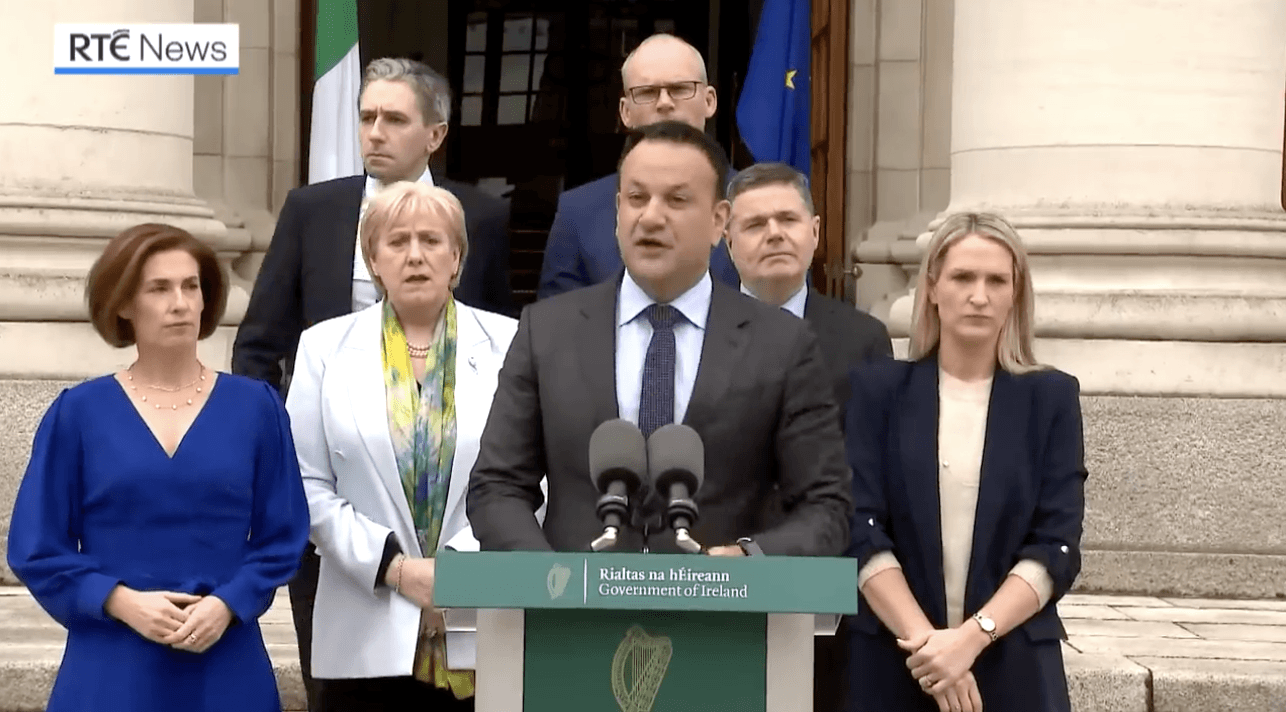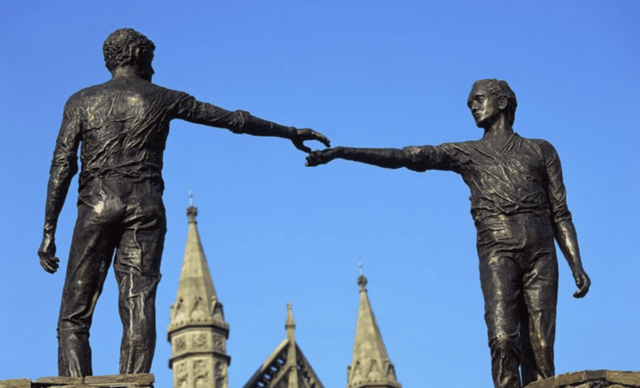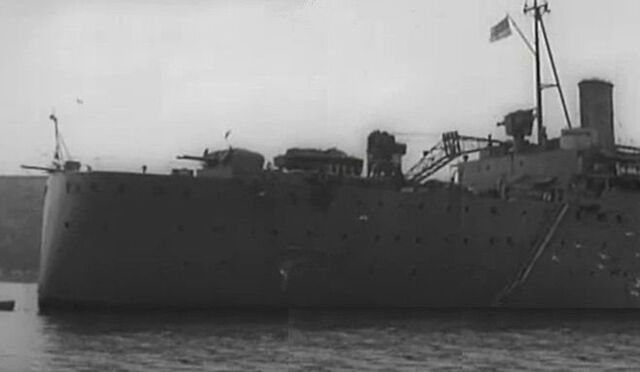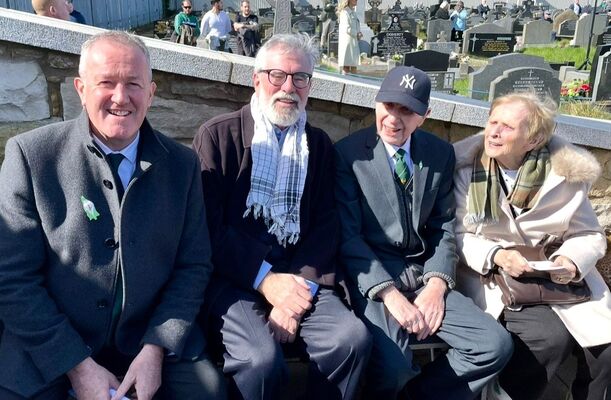LEO Varadkar’s resignation from the office of An Taoiseach and as leader of Fine Gael caught observers by surprise. On reflection, however, it is very much in keeping with his personality. A bit petulant. Awkward. Impulsive. He had done his best by his own lights. And his best had not been good enough, by his own admission. So in fairness he probably did the right thing. Better to get out on his own terms.
Most people will have very little sympathy for senior politicians and the wear and tear they and their families endure as a result of the long hours, relentless pressure, the grinding nature of parliamentary work and ongoing public scrutiny. You have to believe in what you are doing. Especially when things are not going well. So I think Leo just got a sickener of it all, particularly after the recent referendum results. He was cheesed off and seems not to have the stomach for continuing in a government which is just going through the motions and serving out its time.
He was facing into internal turbulence. The Fine Gael Ard Fheis was likely to be troubled. Eleven of his TDs had said they will not be standing in the next election.
White House Press Secretary - on President Joe Biden’s phone call to outgoing Taoiseach Leo Varadkar pic.twitter.com/Uey906Cz0H
— Darran Marshall (@DarranMarshall) March 25, 2024
So why hang about? His resignation statement was very honest. “I am no longer the best person for the job,” he said.
That was certainly the case on the North, though his instincts are better than Micheál Martin’s. The amount of the Irish government’s money for Casement was probably Leo’s initiative. His refusal to go for a Citizens' Assembly to discuss and plan for unity was a mistake. He and Micheál Martin are not advocates for a new constitutional future. They are deeply wedded to their own political dispensation. They are not SNQ. Sound on the National Question. Neither is Simon Harris.
Labour !eader Ivana Bacik's call for a dedicated department to look at the detailed work for unity planning is important. And welcome. Not least because it is recognition of increased and increasing public interest on the need for planning for constitutional change. Maybe if Leo had applied himself to that he wouldn't be out off a job. Ach well. Slán Leo.
The heartbreak of it all
THE million and a half Palestinians trapped in the southern Gaza city of Rafah, on the border with Egypt, are under sustained and ruthless attack by Israeli forces. Hundreds of women, children and men are being killed or severely wounded each day. Hospitals crammed full of desperate human beings continue to be the target of bomb and tank and sniper attack.
At the same time, tens of thousands are facing starvation while relief trucks carrying desperately needed food, water and medicine are being systematically blocked by the Israel state. On Sunday Israel told the UN that it will no longer allow food convoys into north Gaza, where 70 per cent of people face the highest level of food scarcity. Speaking at the Rafah crossing last Friday, UN Secretary-General António Guterres said: "Here from this crossing, we see the heartbreak and heartlessness of it all. A long line of blocked relief trucks on one side of the gates, the long shadow of starvation on the other. That is more than tragic. It is a moral outrage."
It is also a war crime. The Rome statute of the International Criminal Court is very clear on this. It defines the deliberate starving of civilians as a crime if the intention is to deprive them "of objects indispensable to their survival". This includes "willfully impeding relief supplies".
Israeli Prime Minister Benjamin Netanyahu and his war cabinet are immune to all of this. He plans to launch a ground offensive against Rafah. Netanyahu insists that this will take place shortly. His stated aim is the defeat and destruction of Hamas. Common sense tells us that this is unachievable.
.@POTUS .@VP please look at this. You know you can end this. Our collective conscience needs you to act
— Andrée Murphy (@andreemurphy) March 23, 2024
You heard .@MaryLouMcDonald .@moneillsf and .@LeoVaradkar last week. The Irish nation is calling out for you to act. https://t.co/eah1sIkUTS
Our own experience of colonialism proves this. For centuries English governments sought to defeat the desire of the Irish people for freedom and self-determination. Every conceivable weapon of oppression was used: from mass executions and deportations, to coercion acts and special powers, to the impoverishment and dehumanisation of the Irish people, to the denial of basis rights and a cultural war against our language, music and art. These were all part of English policy. So too was starvation.
In his book ‘Ireland Since the Famine’ F. S. Lyons, writing about the impact of An Gorta Mór/the Great Hunger, wrote: “...it may well be that the most profound impact on Irish history lay in its ultimate psychological legacy. Expressed in its simplest terms, this legacy was that the long-standing and deep rooted hatred of the English connection was given not only a new intensity, but also a new dimension... this hatred, this bitterness, this resentment were carried overseas, and especially to America, by nearly four million Irish men and women and children who left their homeland, decade by decade and year by year, in the half century after the Famine."
In our own time and place the stated aim of successive unionist and British governments was the defeat of Irish republicanism. Collusion, special laws, torture, sectarian discrimination in employment, military occupation of communities, were all part of government policy. One British Secretary of State was so gung-ho that he spoke of squeezing republicans like a tube of toothpaste! None of it worked.
What worked was a peace process, slowly and painfully built.
The lesson for the Israeli state is obvious. Occupation, genocide, repression, the theft of Palestinian land and natural resources will not work. The mass slaughter of innocents will not work. The criminalisation and dehumanisation of the Palestinian people will not work. On the contrary, the Israeli massacre of 32,000 in the Gaza Strip and the West Bank is storing up a legacy of bitterness that will ensure that resistance to Israeli colonialism will continue.
Regrettably, I don’t see Netanyahu having any interest in a peace process. Pulitzer Prize-winning New York Times columnist Thomas Friedman told the Israeli newspaper Haaretz on Sunday: "I think this is the worst government Israel has ever had. And I think (Benjamin) Netanyahu will go down in history as the worst leader in Jewish history, not just in Israeli history."
But there is now a discernible change within the international community’s approach to Israel’s genocidal strategy. Some allies of the Israeli state are now taking up publicly more critical positions. At the weekend it was reported that French President Emmanuel Macron in a phone call told Netanyahu the forced transfer of people from Rafah would constitute "a war crime". On Monday the United States – in an unprecedented move – abstained in a UN Security Council vote on an immediate ceasefire rather than veto it, thereby allowing it to pass.
BREAKTHROUGH: Ambassador Linda Thomas-Greenfield, Permanent Representative of the United States to the UN, votes to abstain in the ceasefire vote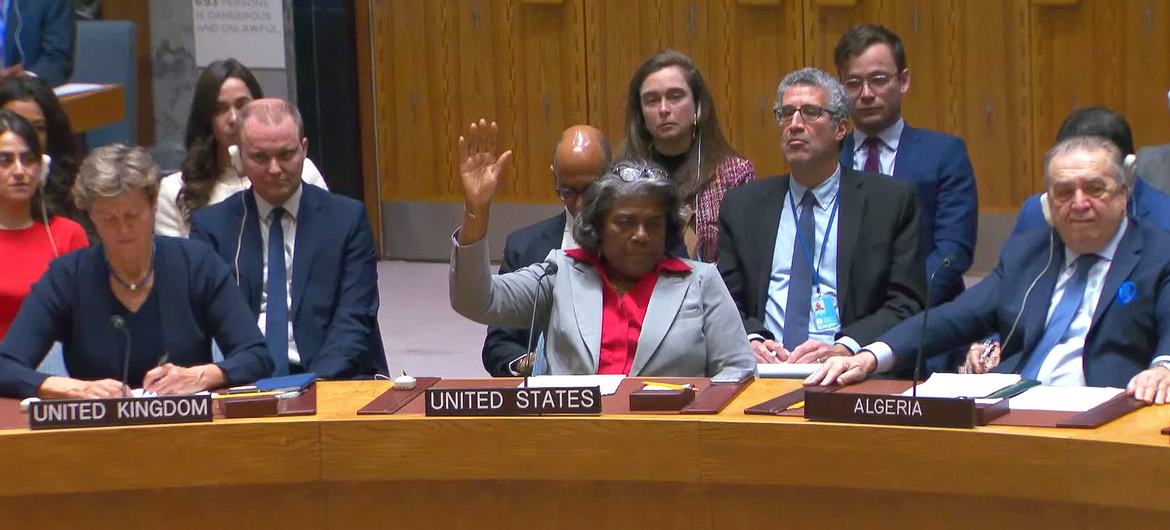
It is long past time for the USA, Britain and others providing war materials to Israel to stop. They cannot fund and arm the genocide while decrying its awful effect on Palestinians. Stop the war. No funds or arms for Netanyahu.
Moore Street conference a huge step forward
UACHTARÁN Shinn Féin Mary Lou McDonald TD, in association with the Moore Street Preservation Trust, will hold a major international conference next month to discuss the future development of the Moore Street 1916 battlefield site. The main focus of the conference will be on the alternative plan prepared by the Trust to that of the proposals from the private developer Hammerson.
Moore Street – as regular readers of this column know – is a hugely important part of the story of Easter 1916 and is the heart of the 1916 battlefield site. It is where the GPO garrison retreated when the building caught fire and it was in 16 Moore St. that five of the seven signatories to the Proclamation met and took the decision to order the surrender.
CAMPAIGN: The Moore Street battlefield site is currently in a developmental limbo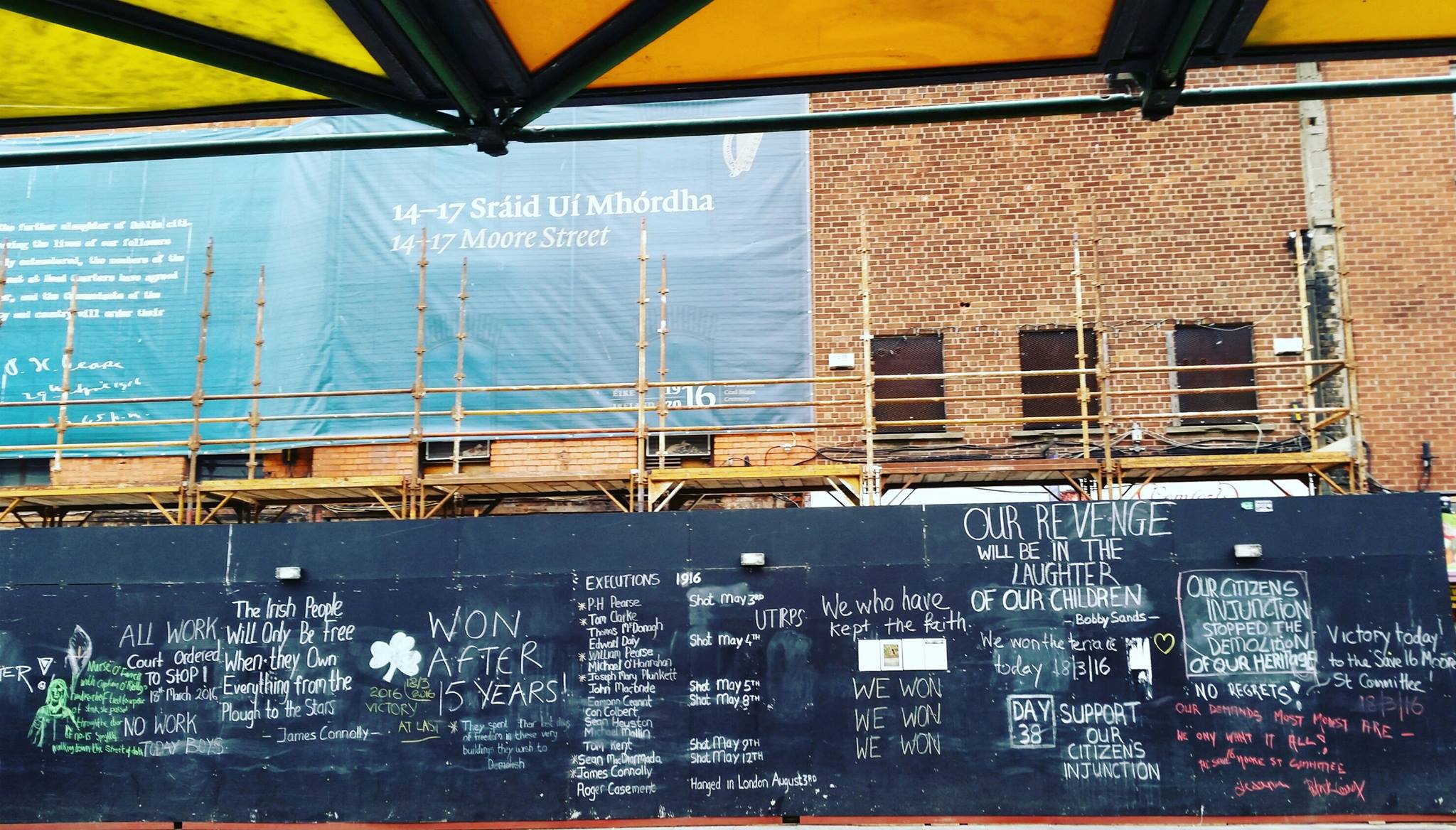
The Moore Street Trust has produced a formidable, alternative plan to that of the developer, which is supported by the government. The plan aims to preserve the site and to sensitively develop it as a historical and cultural quarter that can play a significant role in the regeneration of that part of our capital city.
The conference will take place in the GPO on April 24, the date of the Easter Rising in 1916, and it will bring together leading experts in the fields of tourism, planning, academia, retail and the arts. Among those taking part will be Professor Terry Stevens, a tourism advisor to the United Nations; Michael Murphy, architect of the national lynching memorial Legacy Museum in Alabama; Seán Antoin Ó Muirí, architect of the alternative plan; and well known historian Liz Gillis. Relatives of the 1916 leaders and others will participate.
It’s shaping up to be an informative and crucial conference around the ongoing effort to Save Moore Street.

